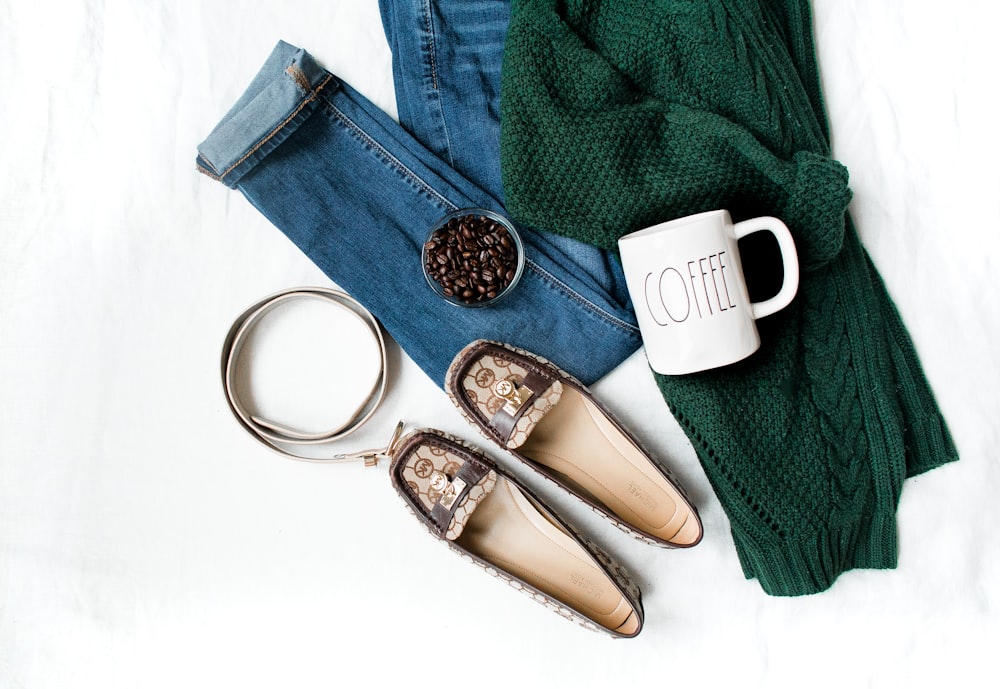The more we find out about the damaging effects of fast fashion, one question has been stuck in the back of my mind: If we all boycott these brands, what happens to the millions of workers when they are no longer needed to be employed? It's pretty clear that those at the top of the industry about those making the clothes. So chances are, if fast fashion brands were to go out of business, those at the bottom are not going to be given a big redundancy fee- even though the billionaire owners could probably definitely afford it.
So, what would happen if we did all give up fast fashion tomorrow? Mainly, the planet would thank us big time. From lower carbon emissions to saving water, it would dramatically reduce the amount of harm done to the environment from clothing. In reality however, people aren't all going to give up fast fashion at the same time. It starts with individuals committing to making change, so not everybody is going to wake up and think 'today is the day I'll no longer buy fast fashion'. It would be disastrous if that did happen. Not for the environment maybe, but for the workers- definitely.
"Fast fashion isn't free. Someone, somewhere, is paying" - Lucy Diegle
If we did all give up fast fashion tomorrow, a huge amount of workers would no longer have any income as factories would have no choice but to shut down. It's difficult to say the exact number of people that work in textile and fashion production as online research gives massively different approximations, but it's certainly in the millions. But whether it is one hundred or one billion, what truly matters is that the workers are real people, working extremely long hours for a wage that is often below the living wage. Companies may claim they pay workers the minimum wage, but if this is five times lower than the living wage, then it's not exactly something to brag about.
And wages aren't even half the story. Fashion and textile workers face appalling safety conditions that even the European Parliment have described as "slave labour". Little to no ventilation to physical abuse, fires to disease outbreaks- the conditions these workers face are unthinkable. Major catastrophes such as the 2013 Dhaka garment factory collapse in Bangladesh that killed 1,134 people may make the news, but these are conditions that workers are facing everyday. It shouldn't take a 'breaking news' headline for their working conditions to be challenged.
Even if using the argument "I'm buying fast fashion to give people jobs" may technically be right, when we know the horrendous conditions these workers face, it's not such a great excuse to be using.
Simply ignoring the problem is not an option. We need to raise awareness about the truths behind the fashion industry, and stop allowing fast fashion brands to think they can get away with these terrible working conditions. As consumer demand shifts and we show these companies what we believe in, we can make huge changes to the industry and to people's lives. As individuals it's easy to assume that we can't make a difference, but our spending decisions and voices are more powerful than we think-especially when we use them as one.
Of course, things could be moving faster, which is why it's important to educate yourself and others about the dangers of fast fashion. We are running out of time to prevent irreversible damage to our planet, and boycotting fast fashion is a step in the right direction to stopping this. There are plenty of options for buying clothes that doesn't involving putting your money into fast fashion, so why wait any longer?
"Let's stop making excuses, and start making change." - Ethical Made Easy

Comments
Post a Comment